

Fennies are proud to be accredited by the Early Years Nutrition Partnership (EYNP) for our menus and contribution to supporting good nutrition in the early years. As part of our subscription, we are delighted to bring you regular nutrition updates and evidence-based articles written by our Registered Nutrition Professionals from EYNP.
Being active is a key part of development, and evidence shows that physical activity and good nutrition in early childhood can lead to a healthy lifestyle later in life. The early years are a prime time to support children to develop a positive attitude to food, nutrition and being active.
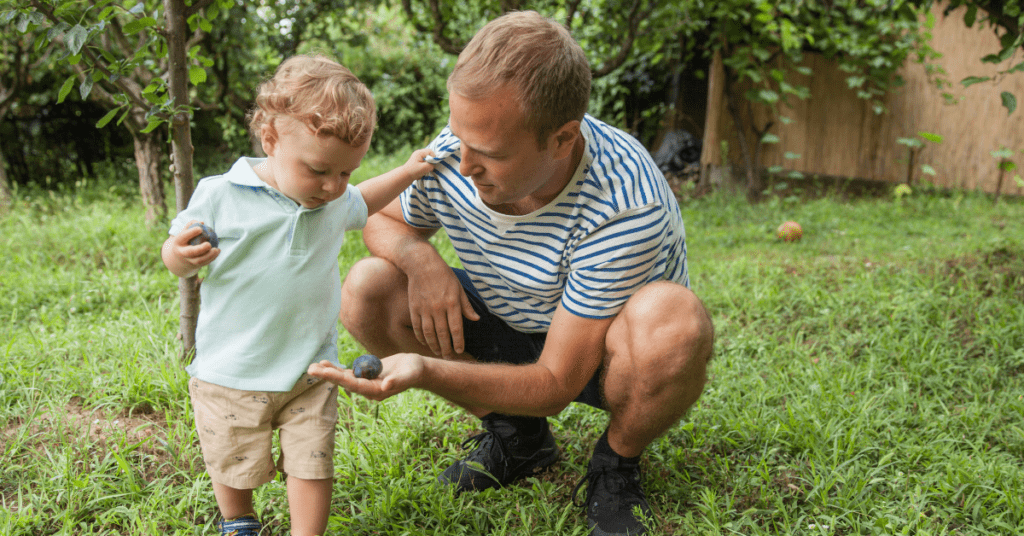

Children who develop an active lifestyle when they are young are more likely to maintain a healthy lifestyle as they get older. Encouraging children to be active all year round (not just when the weather is good!) is vital — making being active a part of everyday life is the best way to introduce your child to healthy habits.
Being active has a whole host of benefits, including:
Having an active and healthy lifestyle goes hand in hand with good nutrition — fueling your child’s body with a good balance of all the essential nutrients helps their bodies to grow, develop and perform well.


Being active, however you encourage your child to do it, is fundamental to both physical and mental well-being. It doesn’t matter how your little one chooses to be active, whether it’s in an organised sport such as football, tennis, gymnastics or dance, or less structured such as playing in the park, scooting to nursery or jumping on a trampoline, any physical activity will be beneficial.
The important thing about being active is to find something that your child enjoys, forcing a small child to take part in a sport they hate won’t help to foster a good relationship with activity. Every child is different, so find the thing that your child loves! (Remember it might not always be what you expect them to enjoy, so it’s important to be flexible!)
At nursery, your child will be active all day long, whether it’s playing indoors or outdoors, taking part in an organised activity such as yoga, sports day or walking to the park for an outing. Find out from your key worker what your child enjoys and make plans to do something similar on your days at home.
Growing children need plenty of energy (calories) and nutrients such as protein, fats, carbohydrates, vitamins and minerals. These needs can be met by including a variety of foods from all the main food groups found on the Eatwell Guide or more specifically for toddlers on the 5532 guide from the British Nutrition Foundation.
We really are what we eat– the same is true for your little one! Every time your child eats, the important nutrients such as carbohydrates, protein and fat are digested and then absorbed into their bodies. The broken-down nutrients are then used to build essential cells and structures within their bodies such as blood cells, muscle and bone tissue. At the same time, nutrients such as vitamins and minerals help their bodies to use energy properly and support the development of a healthy immune system, to name just a few of the very important jobs nutrition helps with. Therefore, not getting these essential nutrients can be detrimental to your child’s health.
If you think about food as fuel, then the types of foods that we eat can impact our ‘performance’. This is the same for children and adults alike. Providing a healthy balance of foods across the spectrum of the food groups gives your child the best opportunity to get all the essential nutrients that they need to grow and develop, but also to provide plenty of energy for them to be active and engaged.
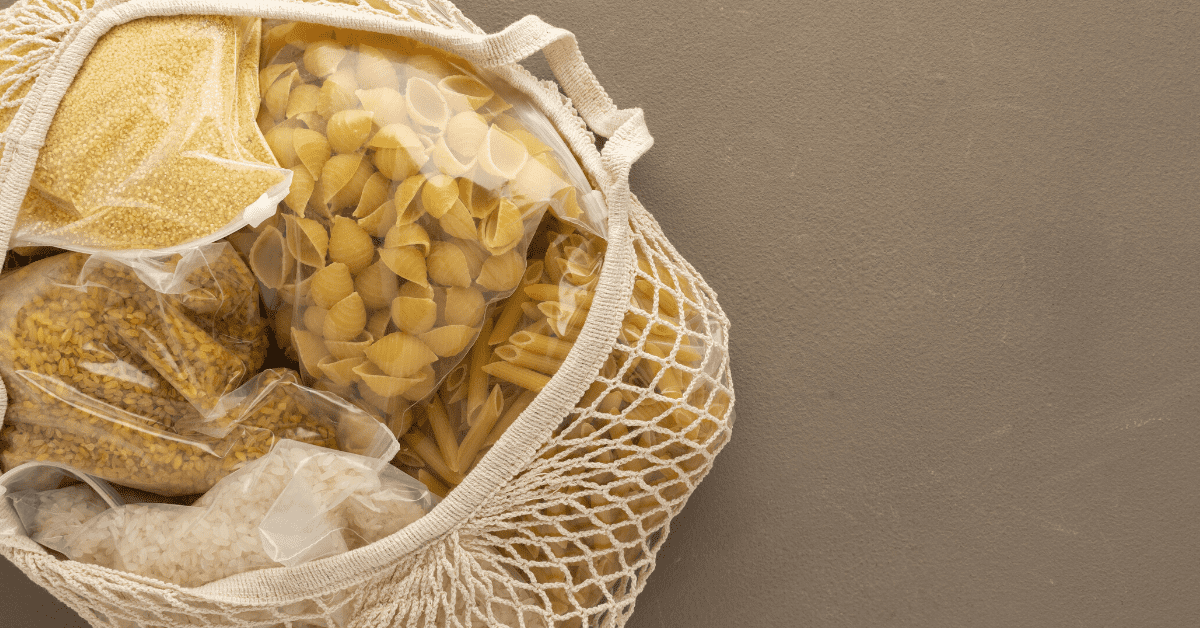

The main energy source in our diets comes from carbohydrates. Foods such as cereals,. bread, pasta, rice and other alternatives should form the basis of our meals and snacks to provide plenty of energy. Aim to have a mixture of white and brown (wholegrain) versions of our favourite carbohydrates to get a good balance in young children.
Vitamins and minerals are also really important for energy levels. For example, the B vitamins, found in fruits and vegetables, eggs, milk and some grains, help us to use energy efficiently in our bodies. A rainbow of fruits and vegetables will help to deliver many of the important vitamins and minerals your child needs.
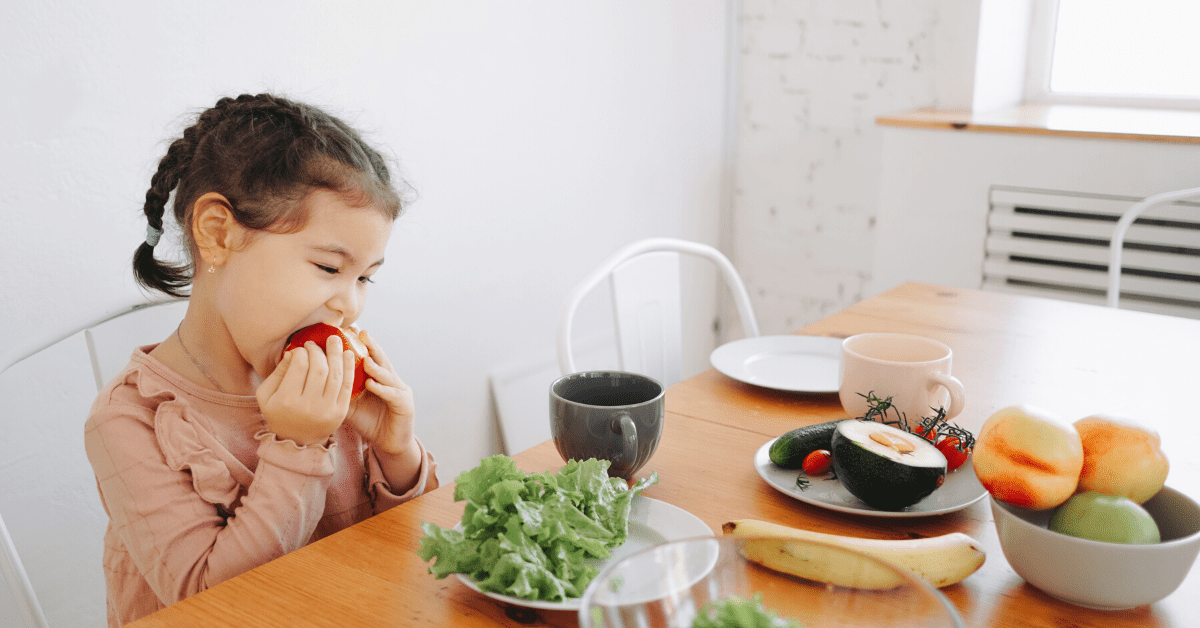

Protein is vital to support healthy growth and repair of our muscles and bones. Protein-rich foods such as meat, fish, eggs, nuts, seeds, tofu and other meat alternatives are essential for young children. A variety of proteins helps to deliver a broad range of essential amino acids (the building blocks of protein), which are required to support vital functions in the body.
Did you know that protein is also crucial for making antibodies for our immune system?
Most young children will get enough protein in their diets, but if you follow a vegetarian or vegan diet, make sure that you replace meat and fish with other protein–rich alternatives.
It’s all about balance – providing a wide range of foods across the food groups will mean that your growing child will get everything they need for healthy development. Promoting physical activity in every aspect of their lives is vital, and good nutrition can support this.
Discover more about health and nutrition at Fennies by booking a visit today.


EYNP Nutritionist


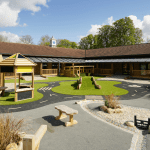





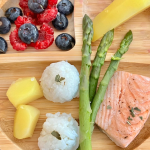



View All
This website uses cookies so that we can provide you with the best user experience possible. Cookie information is stored in your browser and performs functions such as recognising you when you return to our website and helping our team to understand which sections of the website you find most interesting and useful.
You can read out full privacy policy here
Strictly Necessary Cookie should be enabled at all times so that we can save your preferences for cookie settings.
If you disable this cookie, we will not be able to save your preferences. This means that every time you visit this website you will need to enable or disable cookies again.